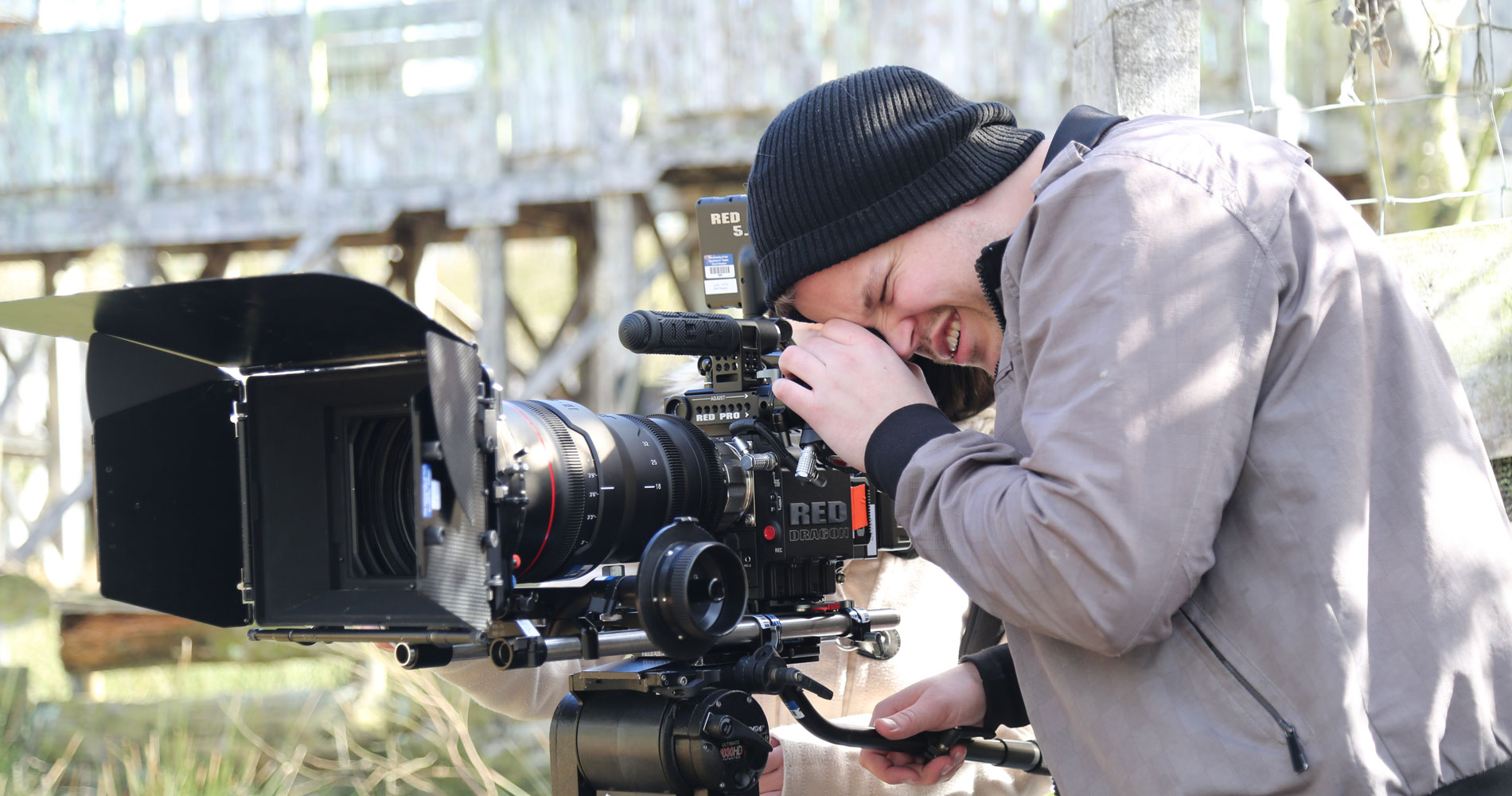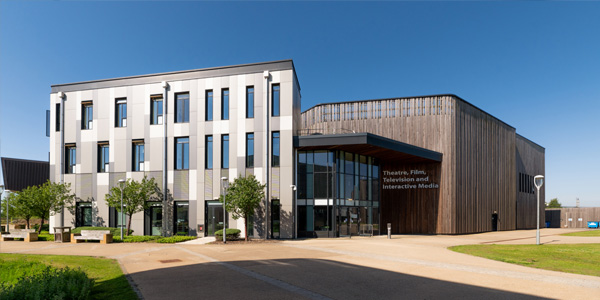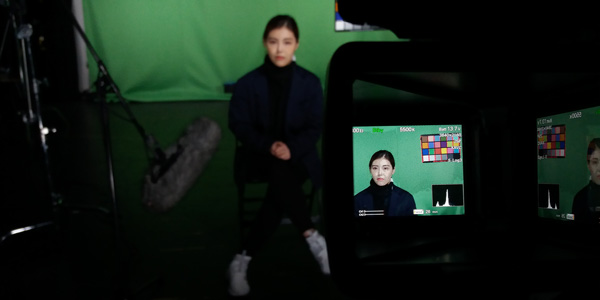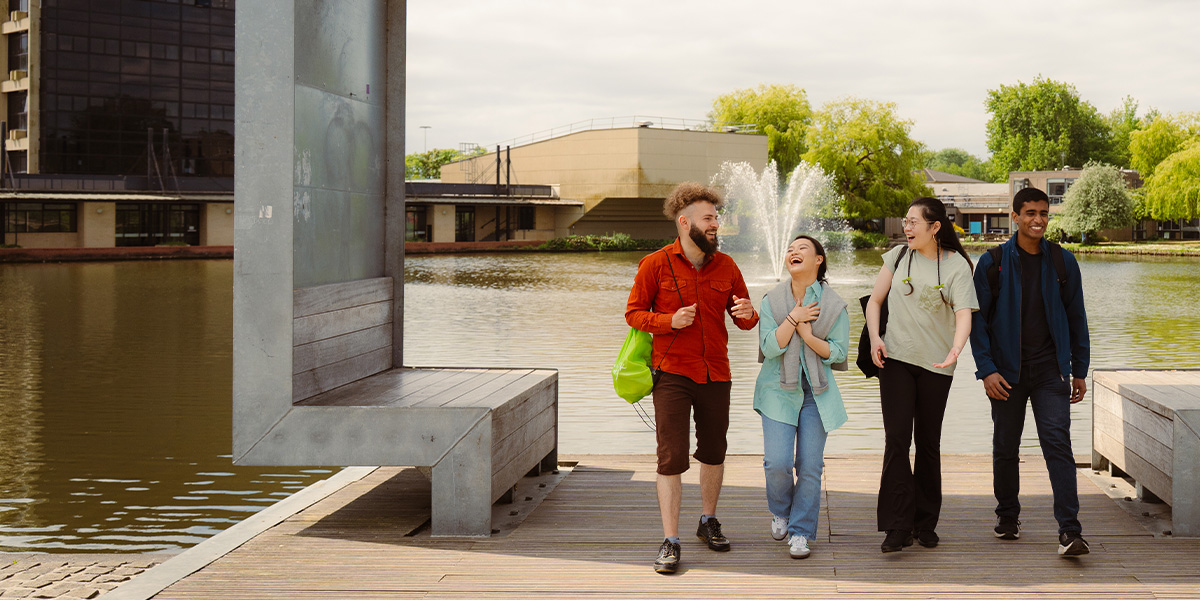Do you want to be a professional director, producer, cinematographer, editor, sound designer or VFX artist?
Develop the technical, critical and creative skills to realise your career ambitions in film and television production. Our suite of interconnected programmes allows you to pursue an individual specialism while working collaboratively on group projects in a professional production environment.
As part of the School of Arts and Creative Technologies, you will learn from experienced and award-winning teachers and creative practitioners, build a portfolio using industry-standard facilities and equipment, enhance your professional skills and employability, and benefit from being part of a wider creative community with extensive industry links.




.jpg)

